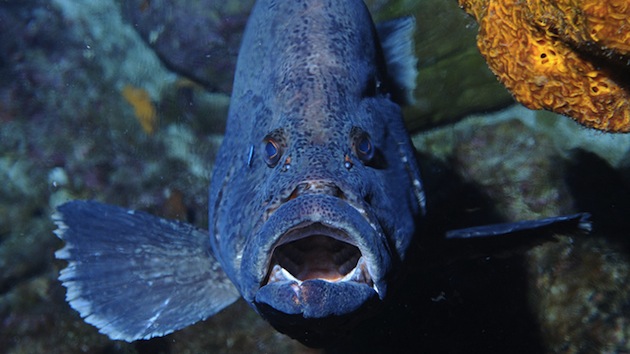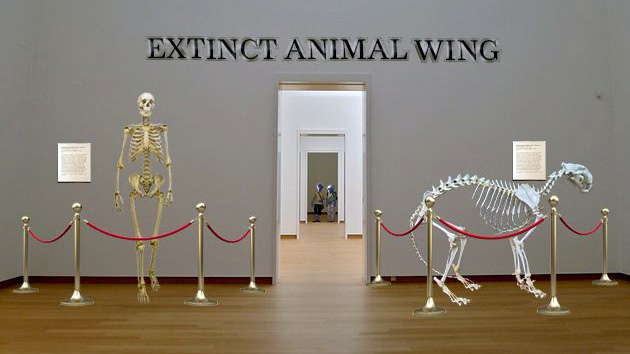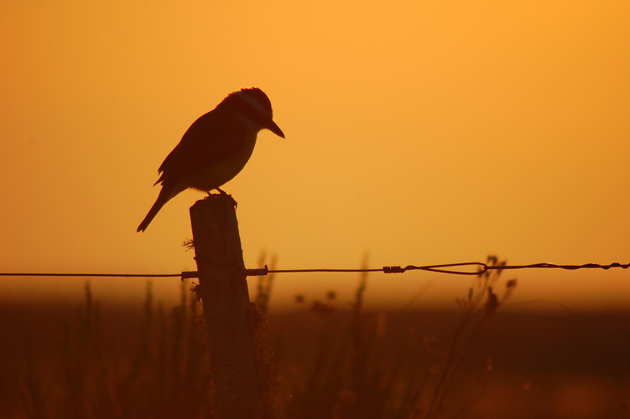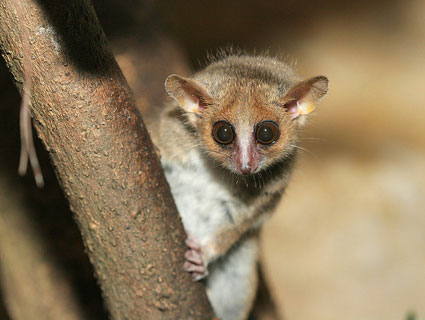
<a href="http://www.istockphoto.com/photo/having-ribs-70495637?st=00be357">Juanmonino</a>/iStock
The earth is in the middle of its sixth mass extinction, and die-offs are happening more quickly than ever before. In a little over a century, the world has said goodbye to more than 400 species—and many biologists believe this is just the beginning. Scientists predict that in the next 35 years, as many as 37 percent of the world’s species could go extinct, if current trends continue.
While we know that climate change is a major culprit in the loss of biodiversity, some researchers now believe burgers might also be to blame. In a new report, a team from Florida International University cited the land degradation, pollution, and deforestation caused by rising global demand for meat as “likely the leading cause of modern species extinctions,” and the problem is only expected to get worse.
“It’s a colossally important paper,” Gidon Eshel, a geophysicist at Bard College in Annandale-On-Hudson, New York, who studies how human diets affect the environment, told Science Magazine:
Researchers have struggled to determine the full impacts of meat consumption on biodiversity, Eshel says. “Now we can say, only slightly fancifully: You eat a steak, you kill a lemur in Madagascar. You eat a chicken, you kill an Amazonian parrot.”
Meat consumption has increased globally by 24 percent since the 1960s, mostly fueled by high demand from wealthy countries like the United States. Each year the number of livestock—specifically cattle, sheep, goats, and buffalo—increases by 25 million, requiring more space for both housing and feed production. Cattle, which require vast amounts of feed and produce the potent greenhouse gas methane, are expected to grow in number by more than 1 billion by 2050.
The world’s “biodiveristy hotspots,” areas biologists have identified where many species flourish, have already been reduced by nearly 90 percent in size and are now restricted to only 2 percent of the Earth’s land surface. What’s worse is that these biodiverse areas are the places where meat production is most likely to increase in the coming years. Researchers have predicted an additional loss of as much as 50 percent of land to livestock production.
Though Americans are already eating less meat than they used to, the researchers emphasized the continued need to cut back, especially because of how much meat ends up going to waste: Thirty percent of food—or $48 billion worth—is wasted in the United States each year, pushing up demand for meat production. “To support a future with lower animal product food demands,” they write, “would drastically reduce habitat and biodiversity loss, fossil fuel energy use, greenhouse gas emissions, and pollution, while providing highly nutritious diets that greatly improve human health.”
















